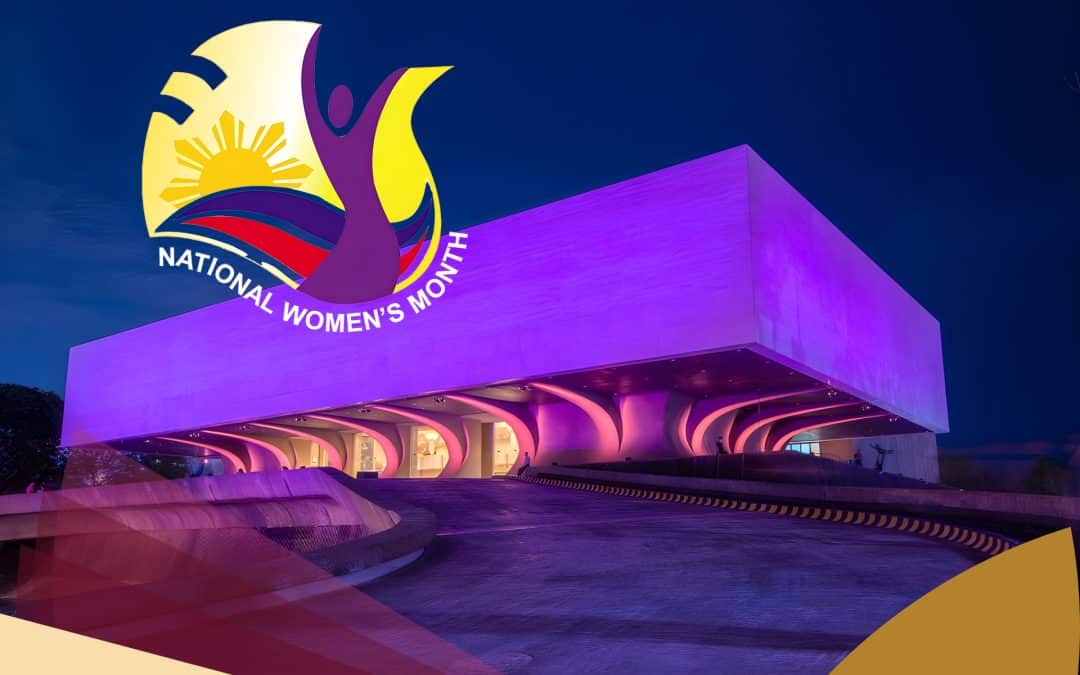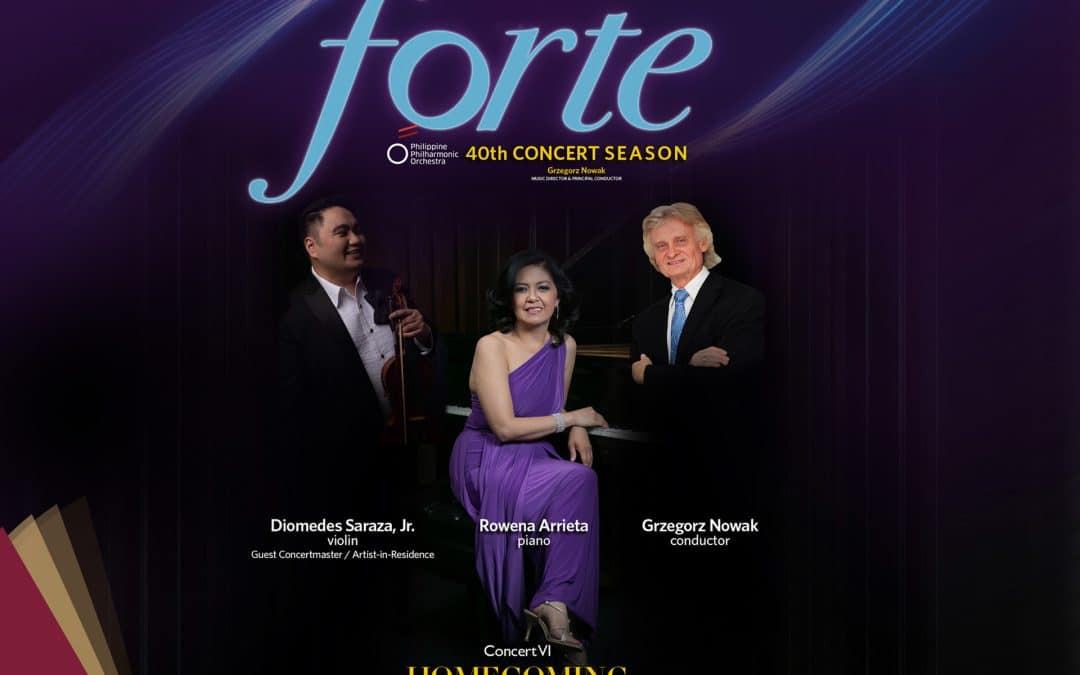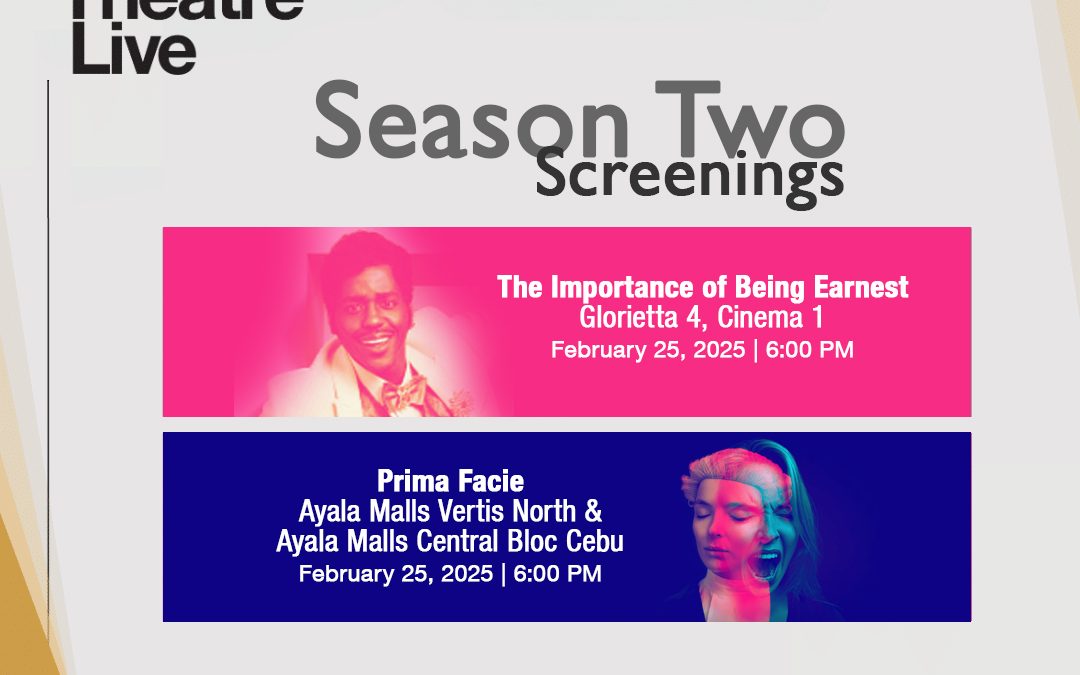Challenge your beliefs on religion, sexuality, and marriage in Set D of Virgin Labfest 19: PINTOG, the theater festival of untried, untested, and unstaged one-act plays, slated on June 12 to 30, 2024, at the Tanghalang Ignacio Gimenez (CCP Blackbox Theater). Following the theme PINTOG, this year’s VLF features 12 new one-act plays, divided into four sets: DILEMA (Set A), BINGIT (Set B), PU-TIM (Set C), and DI-TIYAK (Set D).
For Set D, three plays prompt audiences to examine their religious beliefs, prove their marital realities, and affirm their perception of sexuality. Set D features Elise Santos’ SA BABAENG LAHAT, Neil Azcuna’s SI HESUS NA’A SA U.S, and Dustin Celestino’s ANG MUNTING LIWANAG SA MADILIM NA SULOK SA ISANG SERBESERYA SA MAYNILA.
In SA BABAENG LAHAT, the lives of three students at an all-girls Catholic school as they interconnect and explore their relationships with religion, sexuality, and themselves. Elaborating on the limitations imposed on women by society, the play also expounds on the shame related to faith and homosexuality.
Playwright Santos herself came from an all-girls Catholic school. She wrote the play as she believed her former school was filled with potential, waiting to be seen.
For director Caisa Borromeo, encountering material that highlights a woman’s universal experience is rare. It is a bonus that the play has an all-women cast.
According to Borromeo, society tiptoes around the transition toward womanhood in high school despite it being normal. “People feel shamed. You are not allowed to talk about what you are going through when you are a teenager,” said Borromeo.
Sa Babaeng Lahat encourages young women to freely experience the uncertainties of girlhood amidst an environment that represses them. “I think it [the play] challenges the status quo in its very small way,” said Santos.
ANG MUNTING LIWANAG SA MADILIM NA SULOK SA ISANG SERBESERYA SA MAYNILA is the story of psychology professors who discuss their beliefs on love, marriage, and privilege in a beer house. Through the play, Celestino explores the general perception of Filipinos towards sex work and prostitution. The play questions how people often project their insecurities onto the sex workers they encounter.
“I feel like we’re in the middle of a transition. Some people think that sex workers are victims while others think that they’re empowered. They have autonomy over their body. That’s one reason why I wanted to do it,” said Celestino.
For director Toni Go-Yadao, the play invites the audience to further understand that there isn’t a fixed standard for love and relationships. “The material asks whether love will transcend the controversies surrounding sex work,” explained Go-Yadao. Admitting being uncomfortable, Go-Yadao wonders about her own attitude towards sex work as a woman. She hopes the play will urge the audience to feel the same.
For Celestino, the play challenges the audience to question how society’s notion of sex and purity affects them. One of his goals is to examine the implications of imposed misogyny on both children and adults. “Certain characters do things. The deeper question is why are they doing and saying it? There’s a lot of uncertainty because we don’t know how the characters feel,” said Celestino.
SI HESUS NA’A SA U.S. follows separated lovers who are revisiting their past on the way to the airport as one of them contemplates immigrating to the United States. Based on real stories from his hometown in Mindanao, Azcuna pays homage to his grandparents.
Set in Bohol, the play focuses on one of the main characters, a woman, who is presented with a chance to follow her mother’s footsteps or to make her own. Through that character, Azcuna wants to show that women can be independent in many ways. “I intend the play to be a break from generational trauma,” said Azcuna.
Besides asking delicate questions relating to survival, the story has this certain charm that captures director Phil Noble’s attention. He characterizes the play as a love story. It also challenges him as a director because the play was static in terms of staging.
In Si Hesus Na’a sa U.S., the uncertainties lie in the characters’ families and relationships. Both Azcuna and Noble expect the audience to root for the characters’ success after witnessing their struggles. “At the end of the story, they [the characters] realize we build our own lives,” concluded Noble.
Established in 2005, VLF is jointly produced by the Cultural Center of the Philippines, Tanghalang Pilipino Foundation Inc., and The Writer’s Bloc. It has become a safe space for writers, directors, actors, and production crew for creative experimentation in scriptwriting, directing, and theater production. Because VLF fully supports their process, playwrights and directors can plow through the uncertainties they feel while fleshing out their material.
VLF runs from June 12 to 30, 2024, at the Tanghalang Ignacio Gimenez (CCP Blackbox Theater). Shows will be at 2 p.m. and 8 p.m. Other components of the festival are at 5 p.m. at the Bulwagang Roberto Chabet, 3rd Floor, Tanghalang Ignacio Gimenez. Tickets are available at Php600 for regular and Php800 for premium via Ticketworld and CCP Box Office. You can also purchase Regular Festival Passes at Php2,400 and Premium Festival Passes at Php3,200. Festival Passes are available at the CCP Box Office, Tanghalang Ignacio Gimenez (CCP Black Box Theater).






